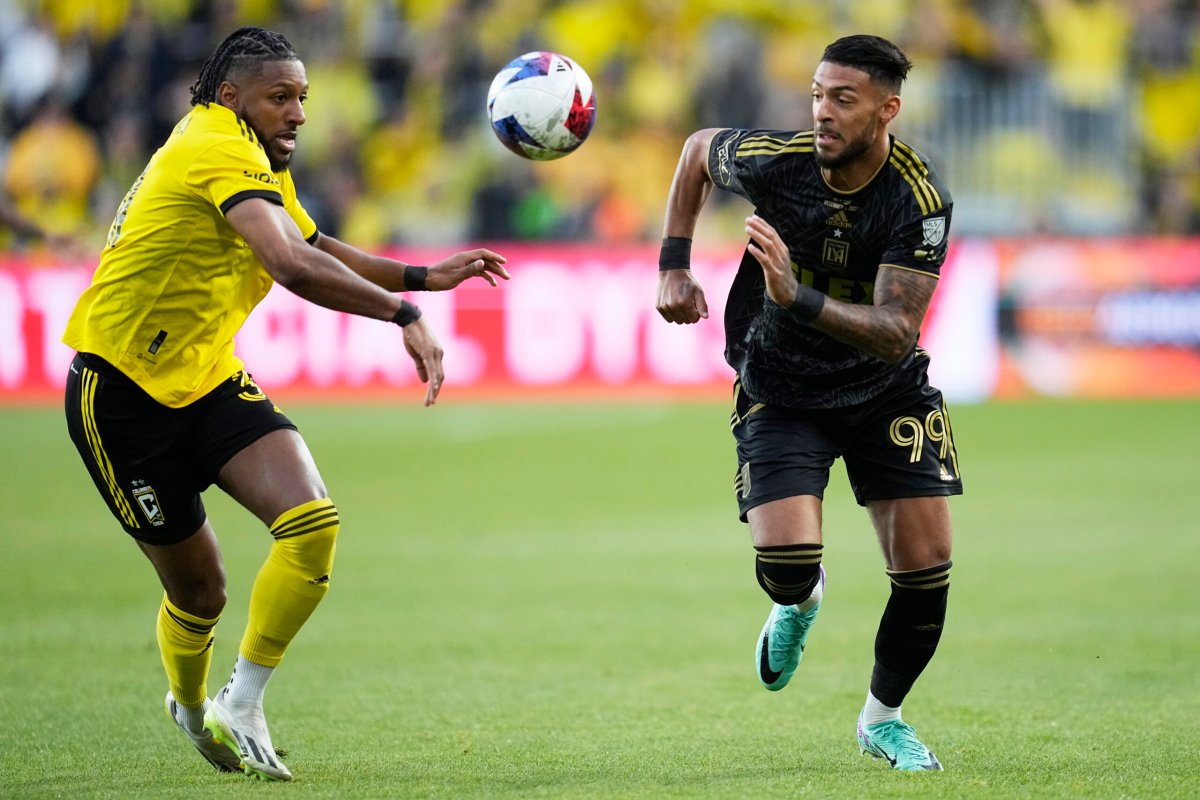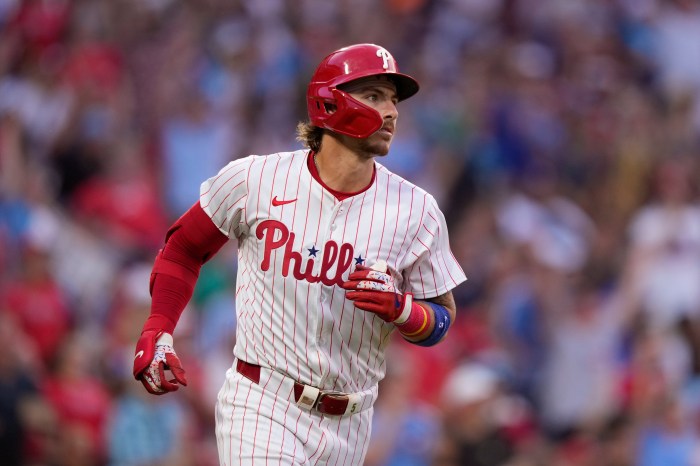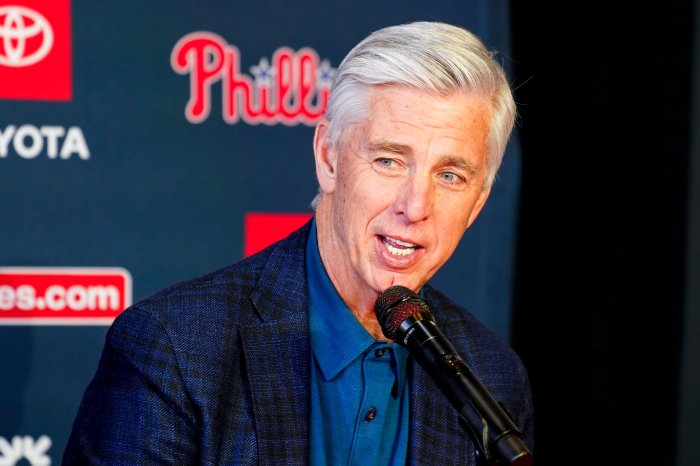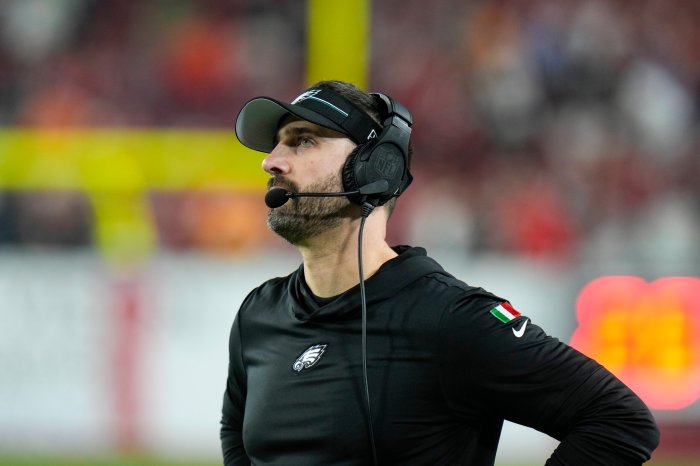Major League Soccer‘s season ended just over a week ago with the Columbus Crew defeating LAFC to be crowned champions. Now MLS is gearing up for the 2024 season, and changes are on the horizon. Some changes are being hailed as shocking in terms of growing the game in the United States, while others show why MLS continues to try to be different from the rest of the world when it comes to the sport of soccer.
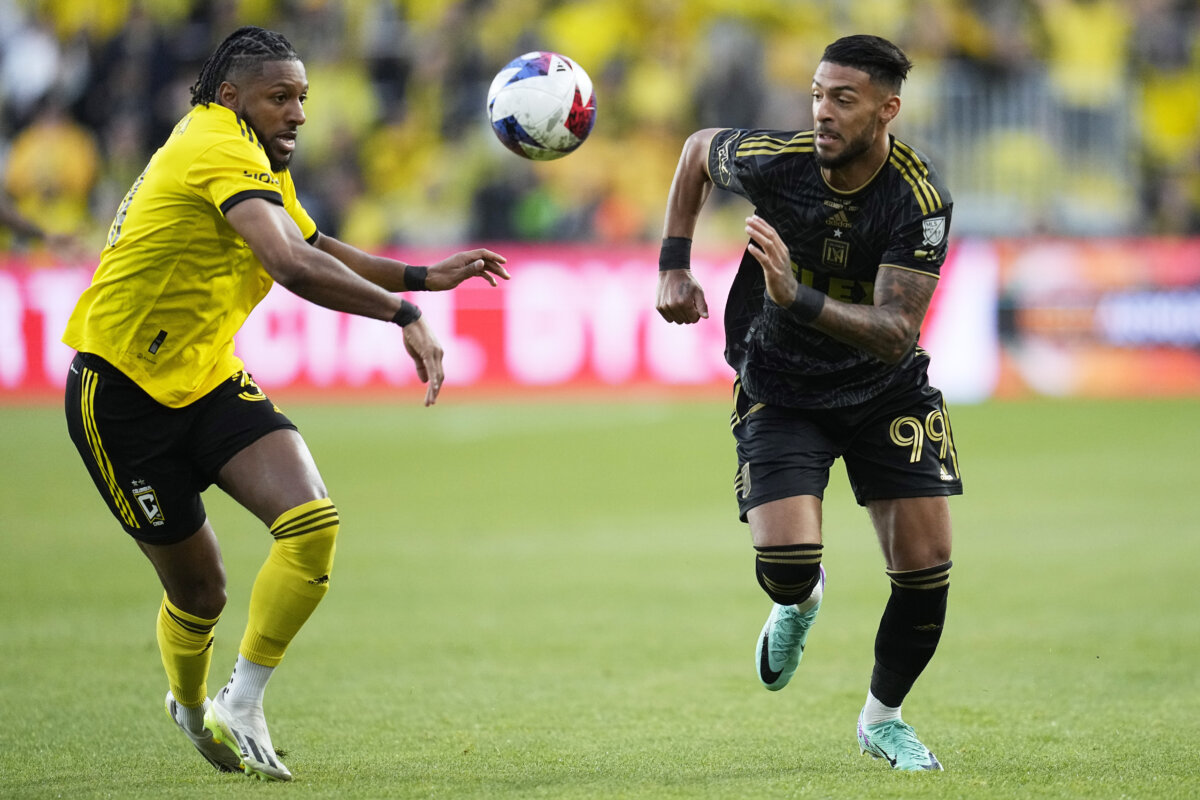
Like it or not, MLS teams will be busy when it comes to games being played. This was seen this past season with some clubs being unable to be competitive in all of their matches. To aid with this MLS let slip on a Friday afternoon news dump that their clubs will no longer partake in a historic competition because of fixture congestion. This has fans, some media, and former players in an uproar.
Just a few days before that, the league announced changes to its roster rules, and its competition rules; those changes were not all met with happy reactions from those around MLS. Some feel like the league is not capitalizing on the potential growth point that is having Lionel Messi, and other world-class players join MLS.
Let’s look at each of these three big changes in detail.
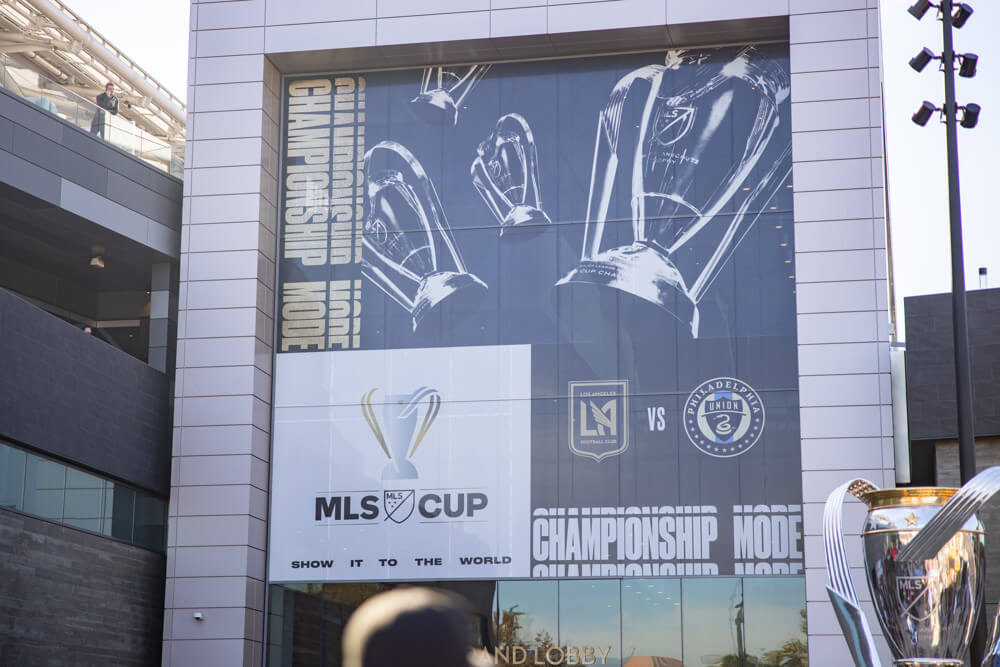
MLS Pulls out of the US. Open Cup
To start, we have to mention the late Friday news dump. MLS announced that its first teams will not participate in the US Open Cup. Instead, their MLS Next Pro (second/developmental teams) will take their place in the competition. This is earth-shattering news on a few levels.
First, this tournament is the oldest one of its kind in the United States. It allows teams from the grassroots level to the lower leagues, and the top domestic league (MLS) the chance to win a trophy. It is an OPEN competition. MLS declining to participate can be equated to someone turning up their nose to family traditions because they are above them.
Second, the fact that MLS cited fixture congestion as the reason for not playing in a tournament run by the United States Soccer Federation, the federation that governs the sport at all levels in this country, is a slap in the face. Could you imagine a top league in any other country declining to play in its domestic cup because it plays too many games? The answer is no because those leagues see a domestic cup as a tradition that should be kept sacred. On top of that MLS created the very fixture congestion they say is the problem with the creation of the Leagues Cup tournament.
Third, MLS is doing this because they have had issues marketing this tournament. MLS has been in charge of marketing the tournament, as they are the biggest league with the best resources. They have failed to do a good job drawing interest, and couldn’t secure a broadcast deal to showcase the tournament; therefore the US Open Cup suffered. MLS made little money while devoting much time to this historic tournament so they’re backing out of it.
While this news is still fresh, Many fan supporters’ groups, ex-players, and media members have said that this is an idea that spits in the face of US Soccer. MLS is an important part of the growth of the game in the United States, but they see themselves as better than the rest. This decision hammers that home. The league is telling us that they care more about making the most money, and not for the traditions and romance of the oldest domestic tournament in the nation.
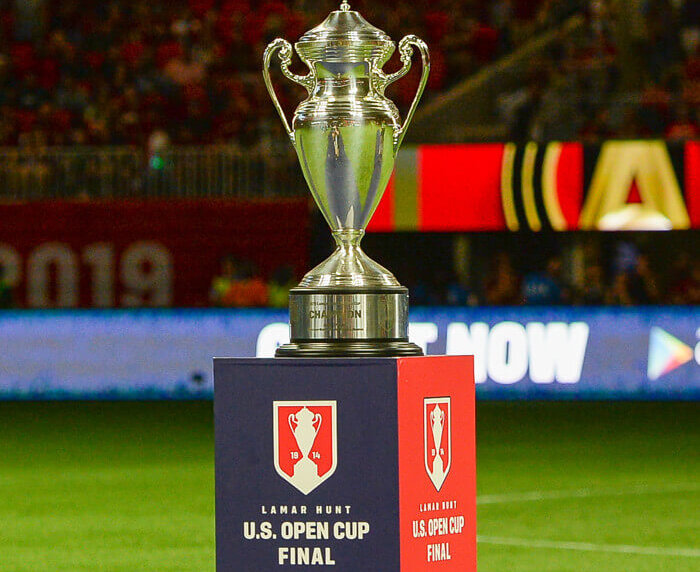
MLS Changes to Roster Rules
While MLS is getting a lot of backlash for its handling of competing/not competing in the US Open Cup, it also has made significant changes to its roster rules. Some of these changes are just as shocking.
The biggest change is not a change at all. There were longstanding rumors of a fourth Designated player (DP) spot being added after the arrival of Messi to MLS. This would be to capitalize off of one of the greatest players of all time coming to America. This however is not happening. Instead, MLS decided to change rules on discovery slots, the residency deadline, and to the general allocation money surrounding DPs.
The change to the discovery slot rule sees teams being able to have seven slots to five. This means that teams have fewer slots to use for scouting and singing players from around the world. Taking away slots means more clubs can have the opportunity to scout and sign whoever they want, and not have to worry about another team having those “discovery” rights.
There are changes to the residency deadline as well. this has to do with the requirements of designating domestic players on a team. If international players are trying to get a green card, they won’t be counted as international players on the roster. For some reason, MLS only allows for teams to have eight international slots; however, you can trade for other teams’ slots to acquire more than eight. Because of this clubs look for ways to have more domestic designations than international ones to help get the most talent on their roster. The change to this rule allows for the process of getting that domestic designation by way of getting an immigrant visa through MLS’s secondary Transfer window.
Finally, there is a change being made to everyone’s favorite thing, allocation money. It deals with allocation money used for those designated players. Now clubs can receive a portion of the transfer money they spend on big players in General Allocation Money, but that player must meet the DP status of making between $651,250 and $1,651,250 to receive that money.
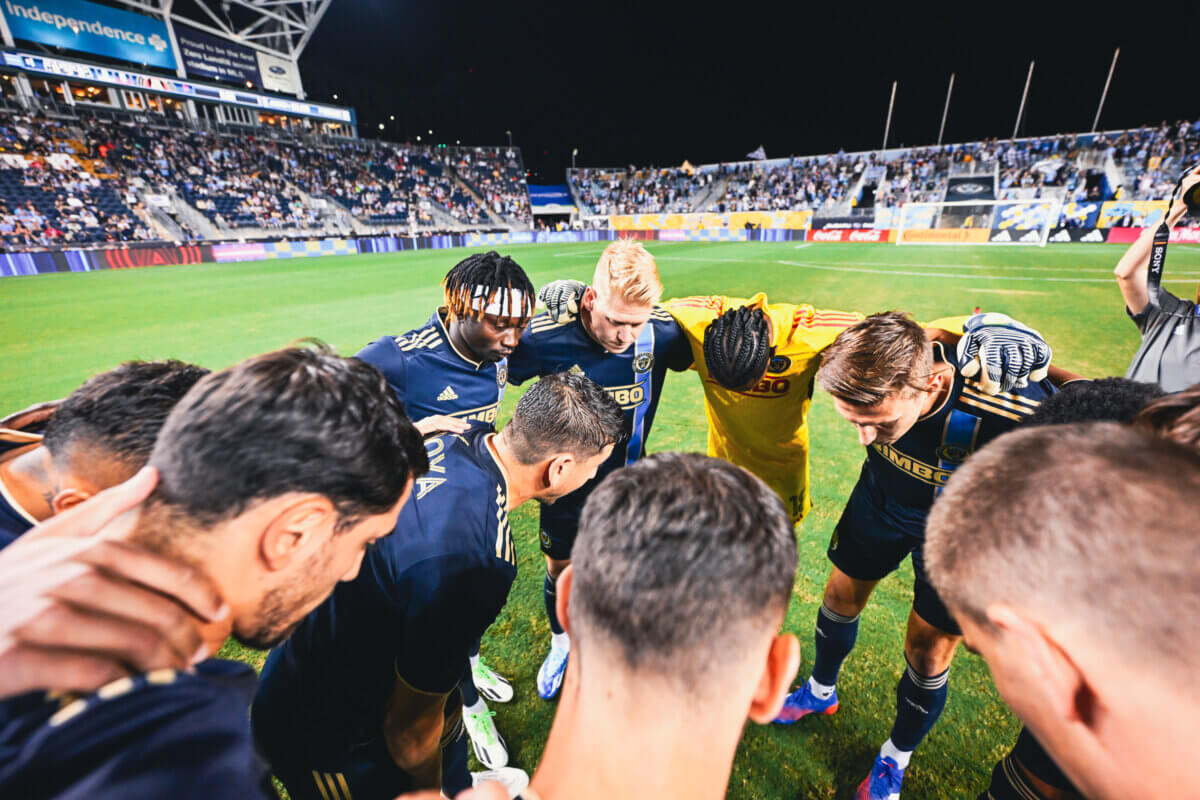
MLS Changes to Competition Rules
MLS made other changes to its competition rules as well. This deals with in-game changes to the treatment of injuries, substitutions, VAR announcements, and stoppage time. Thankfully these changes are not as controversial as others.
The change to the dealing of injuries has to do with off-field treatment. This states that if a player is down on the field with an injury for more than 15 seconds they must get off the field to receive treatment from the medical staff. This treatment is to last for two minutes, so the medical personnel can get an adequate assessment of the injury.
MLS changed its rule for substitutions, and now only allows for players who are substituted off to have 10 seconds to leave the field of play. If the player coming off takes longer then their team will have to wait an additional minute to get his replacement onto the pitch. This is trying to nip restart delays and time-wasting in the bud.
Changes to VAR will include announcements in the stadium. So after a decision is made the head referee will announce the decision to the crowd. This was first used at last summer’s Women’s World Cup and will be a nice addition to MLS.
The final change deals with stoppage time. There’s an unspoken rule that clocks stop running after 45 and 90 minutes in the stadiums; MLS has taken that away. It will now allow the stoppage time to be counted on the clocks in the stadium to give all the accurate counting of stoppage time added.
MLS is making changes to its tradition on and off the pitch. They are doing so to become more profitable and create what they see as a better product. The reason why many of these changes are being questioned is because of one main fact. MLS sees itself as a business and the end-all-be-all of soccer in the United States; however, they are only a part of an ecosystem that is set in a rich tradition. Getting rid of that ceremony may make business sense, but it is a middle finger raised to the tradition that hoists the league up.

Best MLS Bets
Be sure to return to Philly Sports Network for more Philadelphia Union and other soccer content!
Follow our Union team on Twitter:
Tim Lovenguth | Justin Friedberg | Jimmy King
Eric Frysinger | Paul Frenzel | Liam Jenkins
Zach LoBasso | Steve Beavon
Doop on Union fans!
Mandatory Credit: AP Photo/Sue Ogrocki, Photo by Richard Gordon/Icon Sportswire, Photo by Rich von Biberstein/Icon Sportswire, Philadephia Union, Scott Winters/Icon Sportswire

